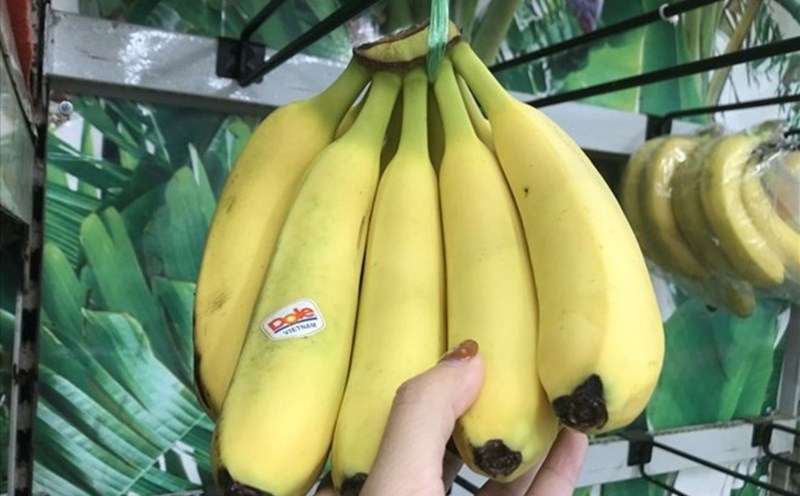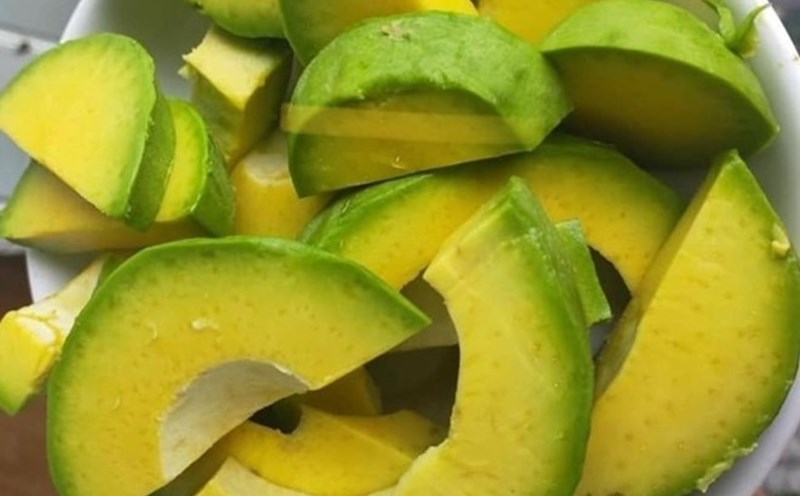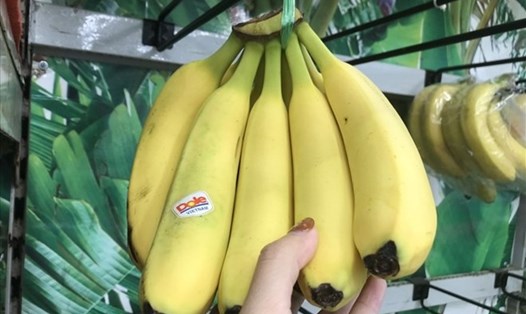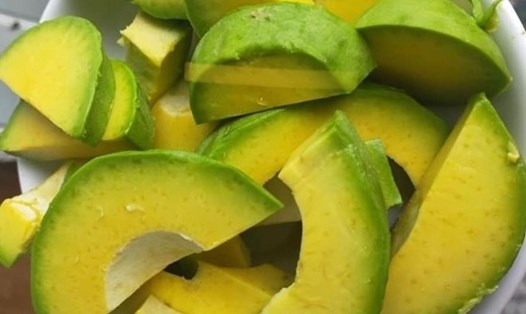Grapefruit: Contains two powerful biological compounds, naringenin and naringin, which have been studied for their ability to reduce inflammation, fight oxidation and prevent liver cell damage.
Naringenin helps reduce fat accumulation in the liver and improves the activity of liver detoxification enzymes.
How to use: Eat directly or juice grapefruit, use 30 minutes after meals to support effective liver metabolism.
Red grapes: Especially contain resveratrol, a powerful antioxidant that has been shown to reduce hepatitis and improve liver enzyme function.
According to the American Journal of Clinical Nutrition, resveratrol helps reduce liver damage caused by Pethanol by inhibiting the formation of free radicals and improving blood circulation in the liver.
How to use: Eat both shells and nuts to get the full benefits, avoid heat-processing as it will reduce resveratrol levels.
Blueberries: Contains anthocyanin, which helps protect the liver from the effects of toxins and enhances the ability to regenerate liver cells.
Research from the National Institutes of Health shows that anthocyanin in blueberries can activate endogenous antioxidant enzymes, reducing damage caused by alcohol.
How to use: Eat fresh, sugar-free blenders or mix with low-fat yogurt.
Lemon: Rich in vitamin C and citric acid, which stimulate liver and gallstones and promote the detoxification of alcohol from the body.
According to the European Liverpool Journal, regular vitamin C supplementation helps reduce liver enzymes ALT and AST in long-term alcohol users.
How to use: Mix warm lemon to drink in the morning on an empty stomach or 1-2 hours after drinking alcohol to support the liver.
Papaya: Not only does it help digestion well, but it also contains natural anti-inflammatory substances, which soothe liver damage caused by alcohol.
A study from the Asian Pacific Journal of Tropical Medicine shows that papaya helps reduce fat accumulation in the liver and improve metabolic function.
How to use: Eating alcohol at night or after meals helps the liver break down food more effectively.
Apple: Contains pectin, a type of soluble fiber that helps reduce bad cholesterol and supports the liver in the process of removing toxins from the blood.
Apples also help reduce non-alcoholic fatty liver disease (NAFLD) and reduce hepatitis.
How to use: Eat the skin ( thoroughly washed) to keep the antioxidant and fiber content intact.











